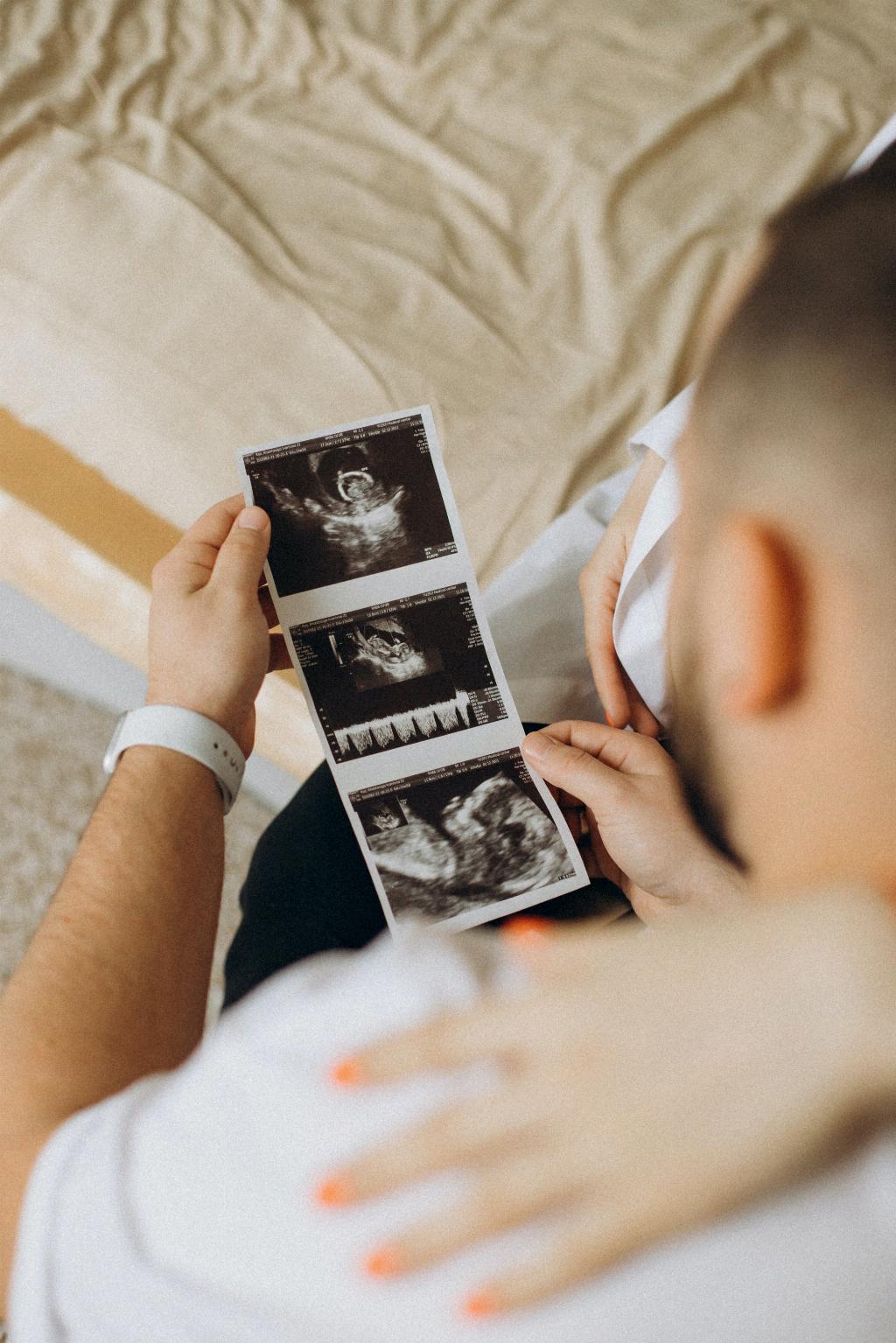Early pregnancy can bring about a myriad of changes in a woman’s body, one of the most notable being the swelling of the uterus. This phenomenon is a natural and essential part of the pregnancy process, signaling the body’s preparation for the growth and development of a baby.
Uterus Enlargement and Softening
During the initial four weeks of pregnancy, the uterus typically undergoes enlargement and irregular softening. This growth is facilitated by increased blood flow to the uterus, which helps in nurturing the embryo and supporting its development.
Cervical Changes
Alongside the swelling of the uterus, the cervix – the gateway to the uterus – also undergoes changes in early pregnancy. It becomes softer and may take on a bluish or purple hue, a result of the heightened blood supply to the region.
Increased Blood Flow
One of the primary reasons behind the swollen feeling in the uterus during early pregnancy is the increased blood flow to the reproductive organs. This augmented circulation is crucial for providing essential nutrients and oxygen to the developing fetus.
Progesterone and Relaxin
Hormones like progesterone and relaxin play significant roles in preparing the uterus for pregnancy. Progesterone helps in maintaining the uterine lining, while relaxin aids in loosening ligaments to accommodate the growing baby, contributing to the sensation of uterine swelling.
Implantation and Uterine Expansion
After fertilization, the fertilized egg implants itself into the uterine lining. This process triggers the release of hormones that promote uterine expansion and growth, resulting in the feeling of fullness or swelling in the lower abdominal region.
Uterine Muscle Contractions
Throughout pregnancy, the uterus experiences sporadic contractions known as Braxton Hicks contractions. These contractions can sometimes intensify during the early stages of pregnancy, contributing to the sensation of uterine swelling.
Supporting the Growing Fetus
The swelling of the uterus is a vital aspect of facilitating a safe and nurturing environment for the developing fetus. The growth of the uterus ensures that there is ample space for the baby to grow and move comfortably throughout the gestation period.
Fluid Retention
Another factor that can contribute to the sensation of uterine swelling in early pregnancy is fluid retention. The body retains fluids to support the pregnancy, resulting in bloating and a feeling of fullness in the lower abdomen.
Monitoring Uterine Changes
It is essential for expectant mothers to monitor any changes or discomfort in their uterus during pregnancy. While some level of swelling and discomfort is normal, severe or persistent symptoms should be promptly reported to a healthcare provider for evaluation.
Seeking Medical Advice
If you are experiencing significant pain, unusual bleeding, or persistent discomfort in your uterus during early pregnancy, it is crucial to seek medical advice promptly. Your healthcare provider can assess the situation and ensure the well-being of both you and your baby.
Conclusion
In conclusion, the sensation of uterine swelling in early pregnancy is a common and natural occurrence as the body adapts to support the developing fetus. Understanding the physiological changes in the uterus and staying attentive to any unusual symptoms are key to ensuring a healthy and comfortable pregnancy journey.

